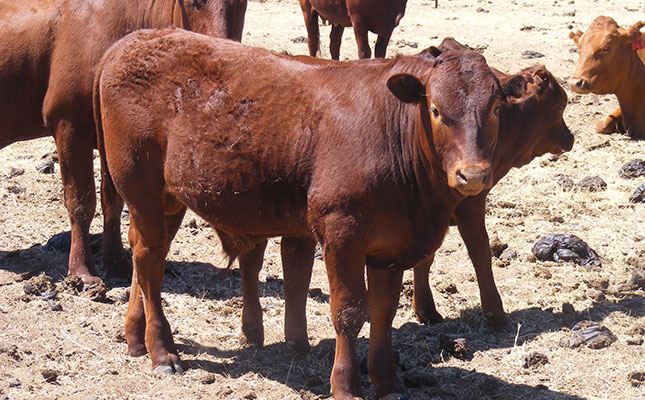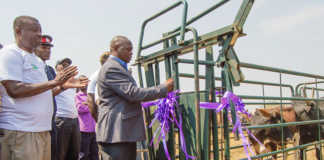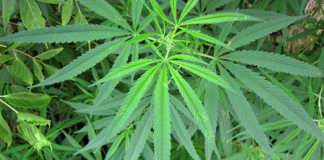
Photo: Annelie Coleman
The public emergency declared by Botswana’s president Mokgweetsi Masisi, to stem the spread of the coronavirus disease (COVID-19) global pandemic, has had a direct impact on the country’s beef cattle production industry.
This was according to Thomas Harvey, Absa’s country head of agribusiness in Botswana.
He said the closing of the border between Botswana and South Africa meant that producers in Botswana had lost access to one of their most important markets.
READ A grass-based approach to beef stud farming
“At the moment, the export market is the most lucrative for local producers. The majority of the Botswana citizenry depends on cattle for their livelihood, and beef cattle production is therefore a strategic focus for government,” he told Farmer’s Weekly.
The declaration of a public emergency also meant the closure of the tourism industry for the time being.
According to Harvey, this implied a marked decline in the demand for more expensive meat cuts such as fillet and steak. The ban on social events would further lower the demand for red meat.
Due to the impact of the lockdown on especially small- and medium-sized businesses, job losses could increase, resulting in a decline in purchasing power.
READ ‘Shipboard livestock exports aim to advance new farmers’
He said the Botswana beef industry would consequently have to reorganise and restructure itself to create new markets, but this could take up to 24 months.
While the decline in the country’s livestock herd as result of the drought meant that, for the time being, the local market in Botswana was large enough to absorb the current supply. However, to ensure the future sustainability of the industry alternative markets still needed to be developed.
Click here for COVID19 updates.













